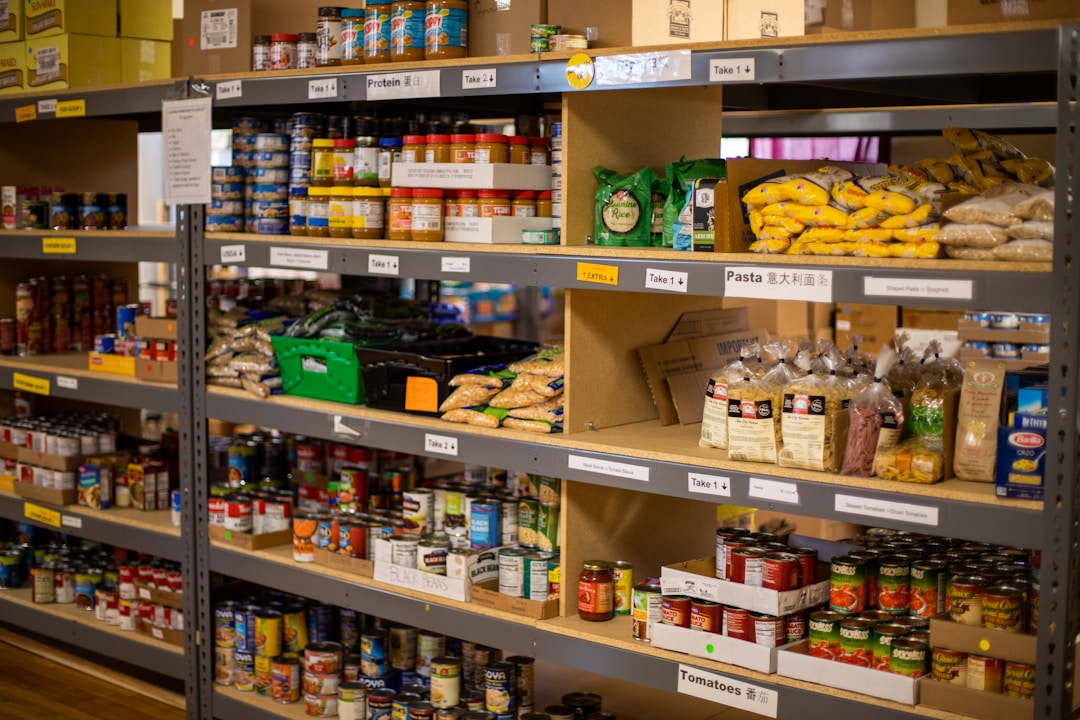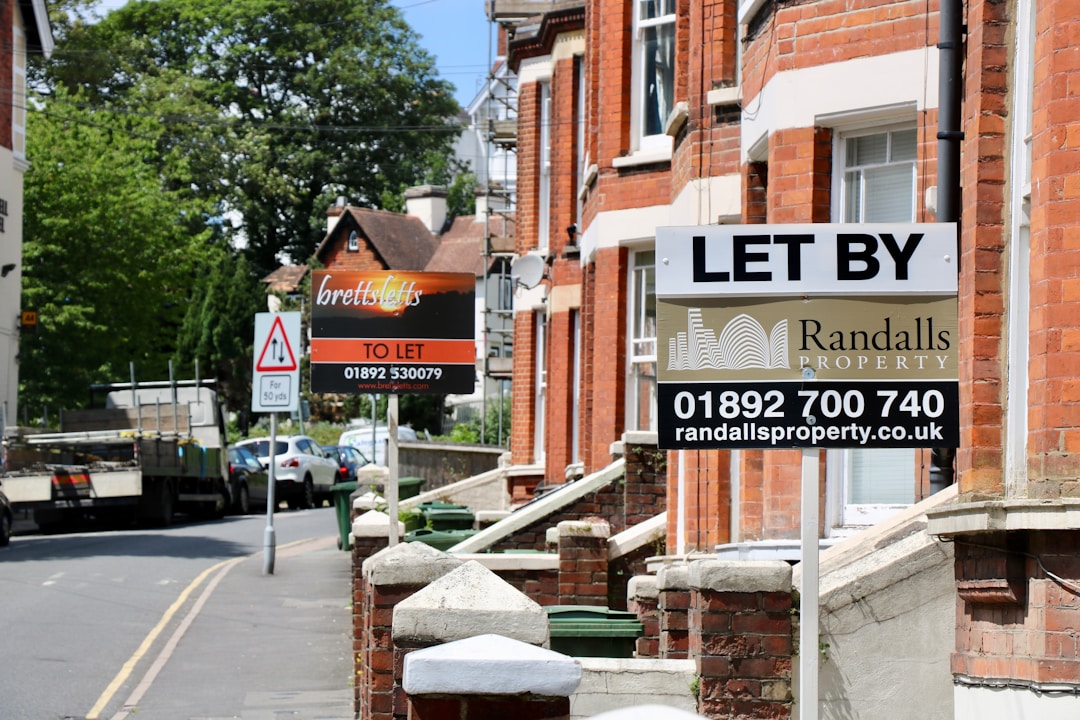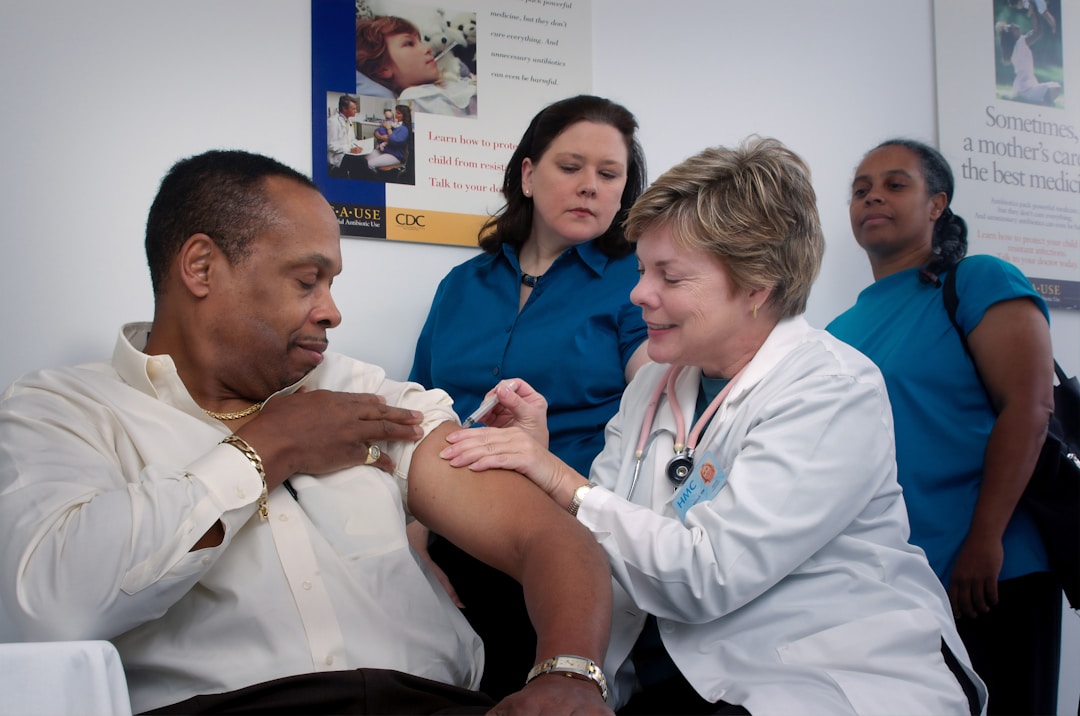
Visualisation made with flourish.studio

One in seven homes in England are classified as 'non-decent' because they don't meet basic standards of comfort, repair, facilities or safety. Poor-quality and overcrowded housing often leads to ill health, as it is associated with increased risks of cardiovascular and respiratory diseases, depression and anxiety. Single-person, low-income and minority ethnic households are most likely to live in non-decent homes, which are most common in the private rented sector. Rates of overcrowding are highest among social and private renters, at 8% and 5%. The housing emergency is ruining lives. Our housing market is broken, with more and more people unable to afford decent and secure accommodation. Owning a home is increasingly hard for the young because of rocketing house prices, and we are not building enough social housing, increasing demand and costs in the private rented sector.
Explore the context
Explore the arguments
Disadvantage undermines people’s capabilities and opportunities
 Disadvantage undermines people’s capabilities and opportunities
Disadvantage undermines people’s capabilities and opportunities

Socio-economic inequality leads to environmental inequality
 Socio-economic inequality leads to environmental inequality
Socio-economic inequality leads to environmental inequality

Socio-economic inequality leads to health inequalities
 Socio-economic inequality leads to health inequalities
Socio-economic inequality leads to health inequalities

Socio-economic inequality leads to more crime and less effective criminal justice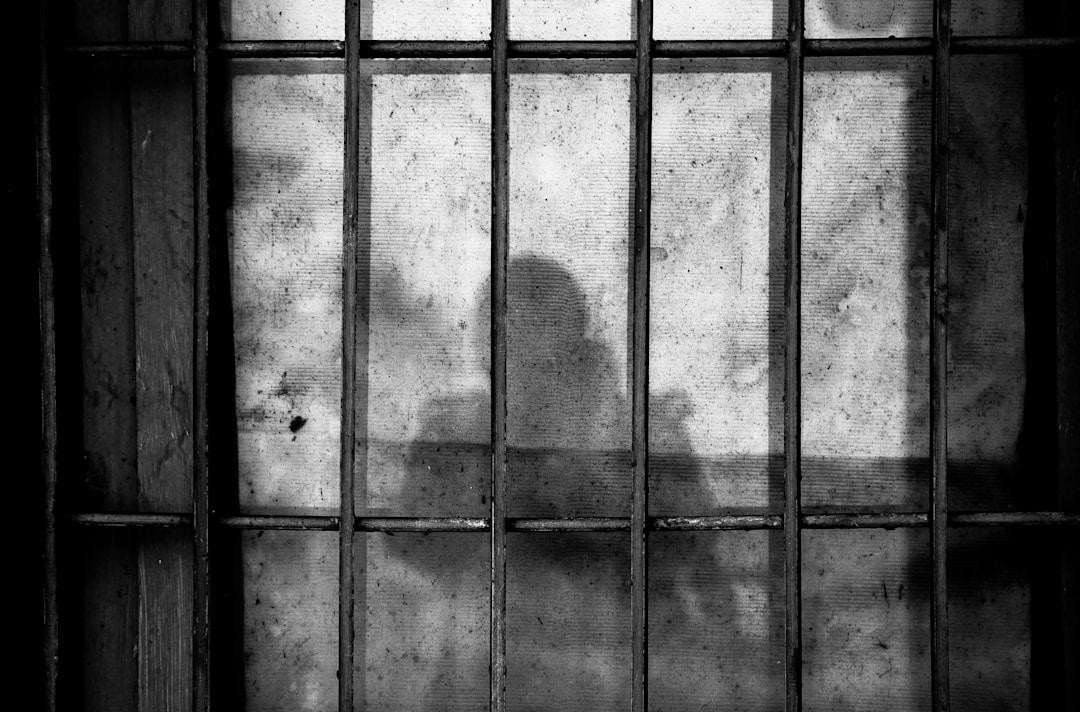
 Socio-economic inequality leads to more crime and less effective criminal justice
Socio-economic inequality leads to more crime and less effective criminal justice

Socio-economic inequality leads to political inequality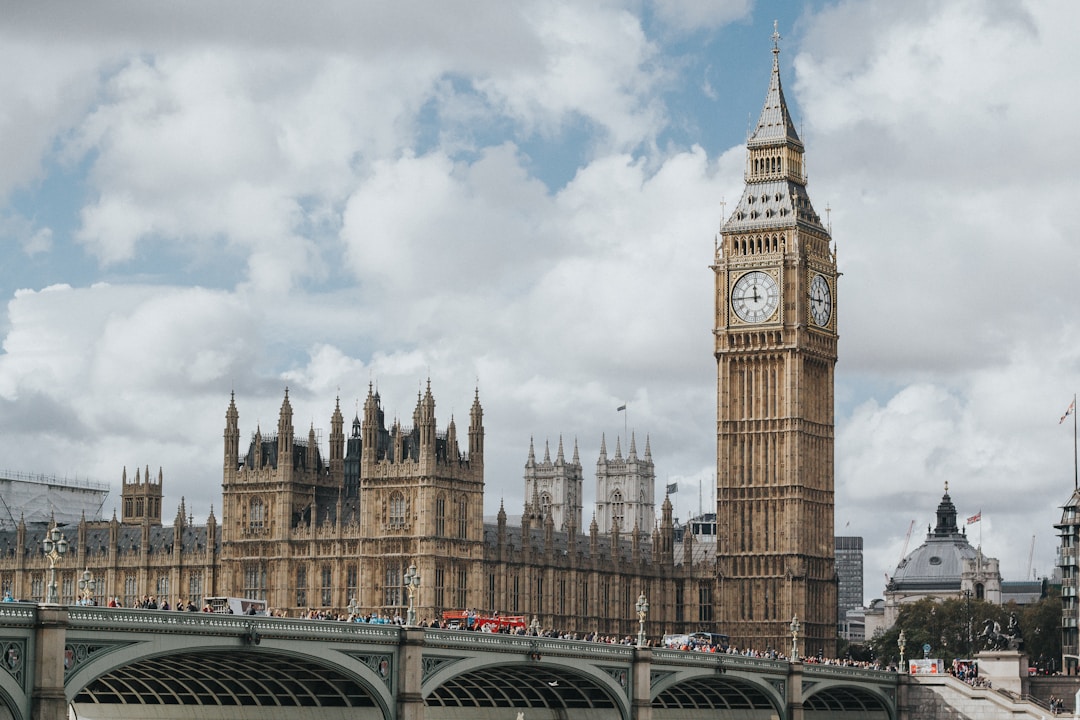
 Socio-economic inequality leads to political inequality
Socio-economic inequality leads to political inequality

The best way to become wealthy is to be wealthy already
 The best way to become wealthy is to be wealthy already
The best way to become wealthy is to be wealthy already

The rising costs of living hit poorer households harder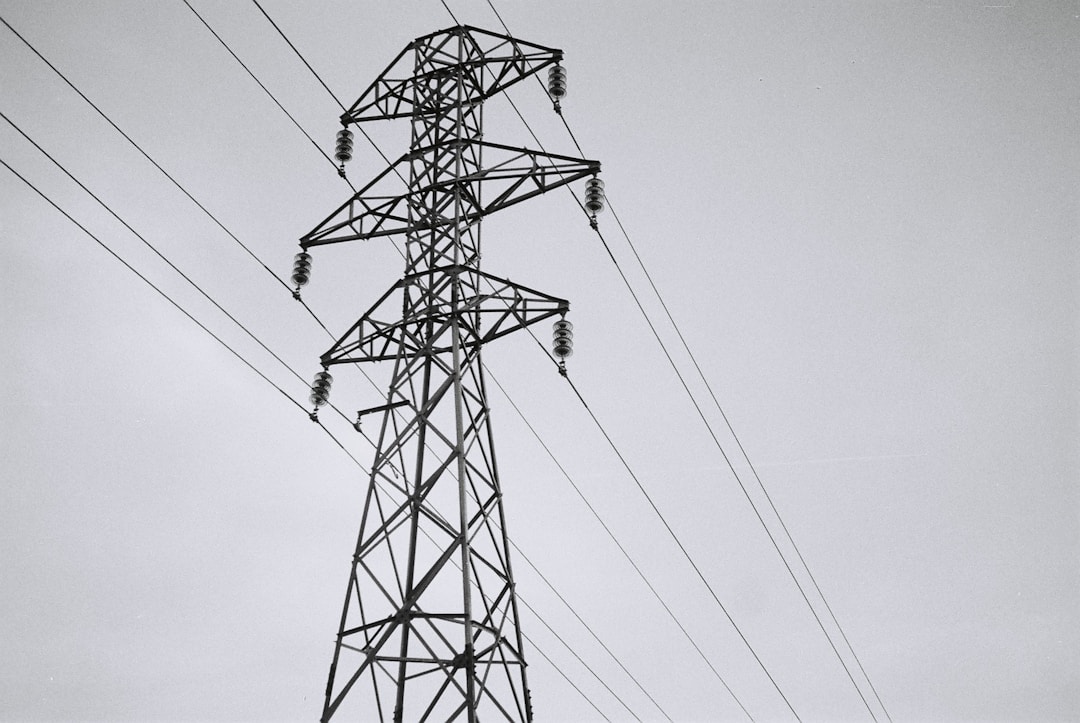
 The rising costs of living hit poorer households harder
The rising costs of living hit poorer households harder

The structure of our economy leads to huge regional inequalities
 The structure of our economy leads to huge regional inequalities
The structure of our economy leads to huge regional inequalities

The tax system could be designed to be more progressive
 The tax system could be designed to be more progressive
The tax system could be designed to be more progressive

There are still high levels of tax evasion and avoidance
 There are still high levels of tax evasion and avoidance
There are still high levels of tax evasion and avoidance

Wealth inequality is much larger than income inequality
 Wealth inequality is much larger than income inequality
Wealth inequality is much larger than income inequality







